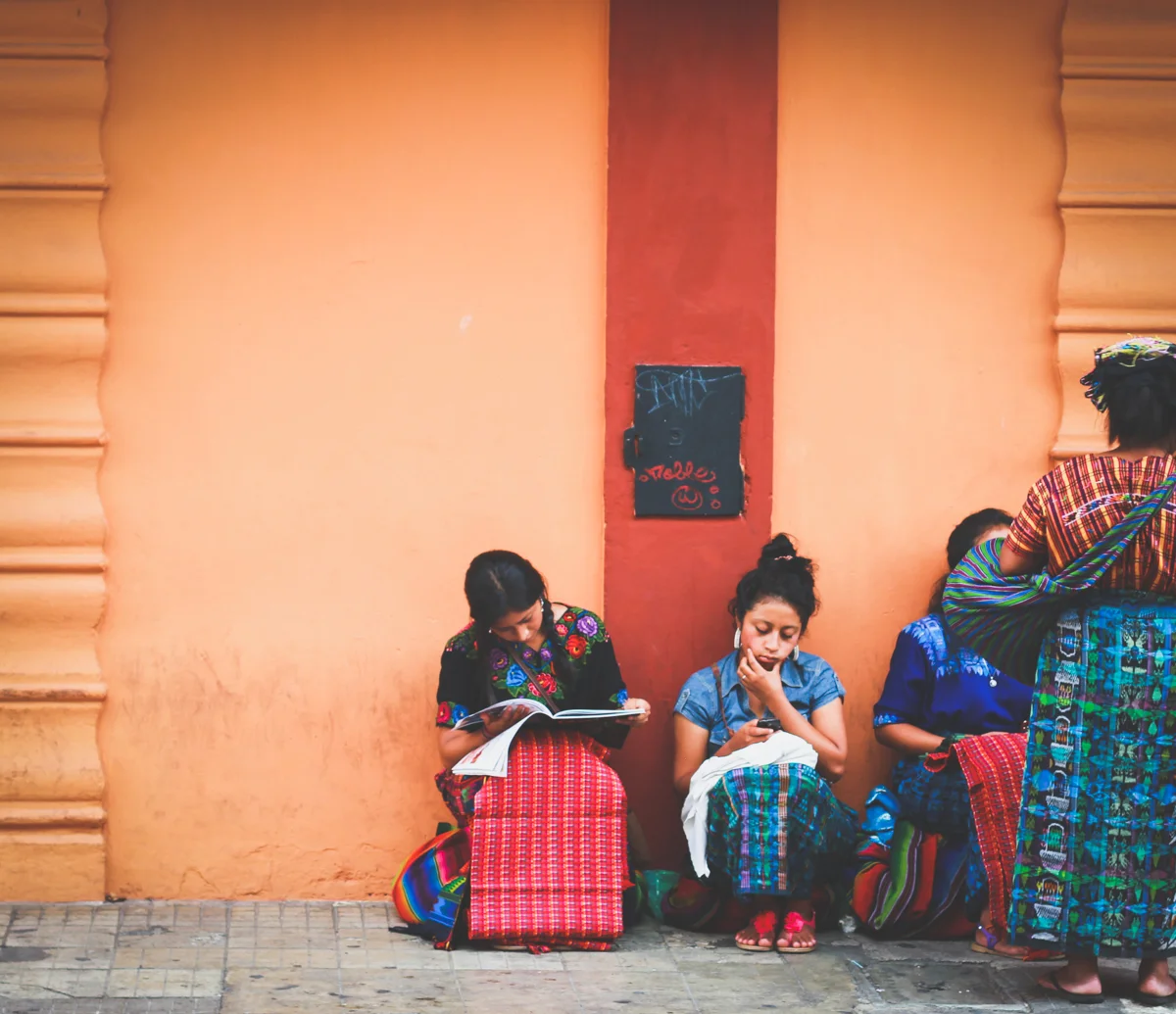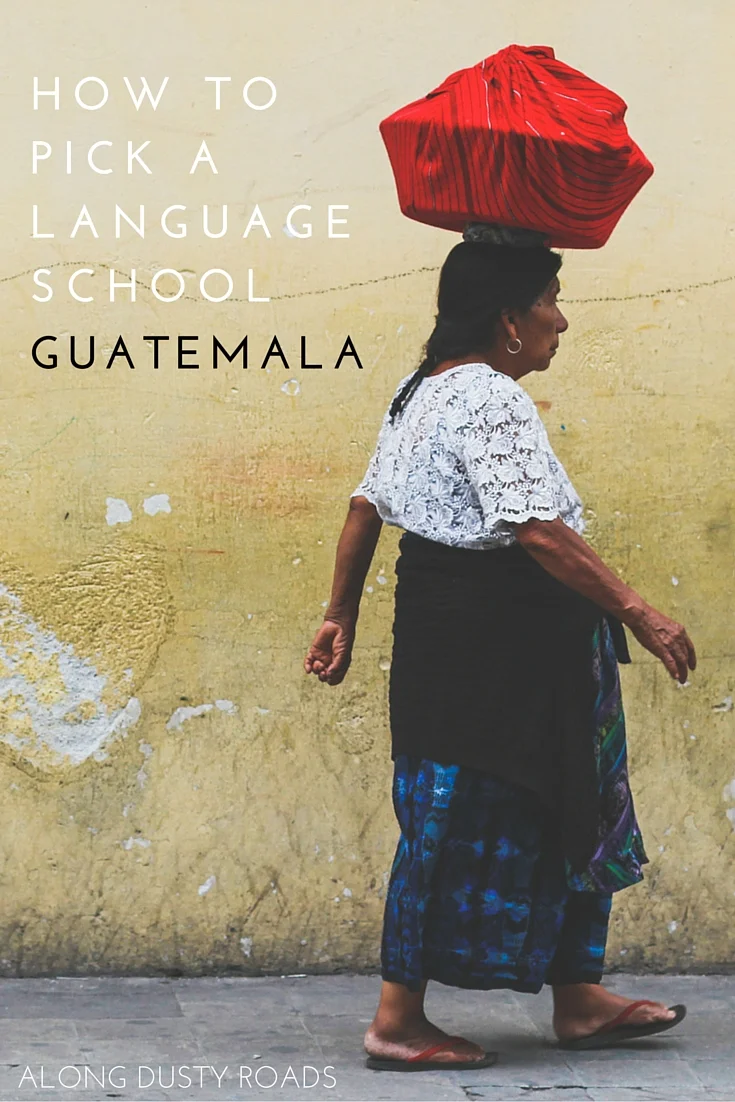Too many holidays spent on the Costa del Sol, and re-runs of Fawlty Towers have somewhat coloured the average Brit's impression of exactly how much Spanish one needs to know. But venture beyond the little Britain of ex-pat communities and the Irish bars ubiquitous to holiday destinations on the Mediterranean Coast, and you will likely discover that the need to memorise a little more than 'dos cervezas por favor' is a stark reality (though don't forget this phrase entirely, it still has its uses!)
For anybody who loves to travel, and wants to get a little deeper into a Spanish-speaking country, then knowing some more of the language is a must.
Spanish is the #2 language in the world in terms of number of native speakers (350 million), sandwiched between Chinese and English. Another 150 million people speak Spanish as a second language.
Although traditionally spoken in Spain and Latin America, the inexorable growth of Hispanic Americans in the US is likely to see Spanish become the de-facto second language. They are currently the largest minority group in the country and, by 2040, projected to compose 25% of the population.
Studying a second language in the UK can be a costly endeavour and, with large class sizes and few opportunities to practice, you run the risk of spending significant amounts of money to master only a few set holiday phrases and a only a rudimentary grasp of grammar and vocabulary. Yet spend a similar amount on a couple of weeks intensive one-to-one tuition in Latin America, and the difference is marked.
For a variety of reasons, Guatemala is the preferred destination for individuals of all ages to gain a grasp of the Spanish language. One-to-one classes are the norm, the country is generally cheaper than elsewhere in Latin America and there are some beautiful locations to learn. The accent is also relatively neutral and therefore easily understood in other Spanish speaking countries. The further south in the Americas you go, the more unique the accent - for example, when we first heard Argentinean Spanish in a film, we were convinced we had mistakenly downloaded something in Italian.
Here are our top tips to help you find the right school in Guatemala:
#1 do your research on each city
Are you a city-slicker? Does small-town colonial charm fade away after a few days? Do you want to practice your newly learned Spanish chat-up lines in a party hostel or Irish bar?
Although the most popular school destinations are Antigua, Quetzaltenango and towns around Lake Atitlan, wherever you find a backpacker, you will find a language school.
The merits of the school are important, but you also want to have a base which offers you a balance of extra-curricular activities, socialising and immersion opportunities in the few weeks you spend there.
The top three study destinations are:
Antigua: Charming small colonial town with an incredible 360° volcanic backdrops. Plenty of schools, including some of the highest-rated in Guatemala, but there is significant demand. This is a largely well-heeled town so you won't have to struggle for home comforts.
San Pedro: On Guatemala's stunning Lake Atitlan, you couldn't ask for a more picturesque environment. However, with a reputation for a party never being too far away, the temptation to stray from your flashcards is likely to be high.
Quetzaltenango: Known locally as Xela, this is the second largest city in Guatemala and often promoted as the destination of the more serious student.
#2 use guatemala365 wisely
This website is the best directory for information on the leading Guatmealan language schools. With numerous reviews, rankings and further information, it provides an excellent starting point to compare and contrast.
However, be aware that reserving your place at a school through this site is very likely to cost you more in the long-run. In addition to the $50-70 non-refundable registration fee (which does not contribute to your school costs but only reserves your spot), prices listed here should be taken as a guide-only. Cutting out the middle-man and negotiating directly with the school is likely to give you some saving (especially in low-season).
#3 liaise and book directly with the school
If you are travelling to Guatemala for the sole purpose of studying, it makes sense to secure your place by booking ahead. However, those with a more flexible itinerary are advised to have a few nights in your chosen city and visit a number of schools prior to booking.
Either way, most schools have their own website and will take enquiries and bookings directly.
Low season and high season will of course affect supply and demand, but with so many schools available, you will always have options (but not necessarily at your first or second choice).
#4 try and negotiate a better price
The cost of 20 hours of one-to-one tuition varies extensively between schools, with the higher prices not necessarily reflecting a higher-quality experience. In Antigua, one school quoted us $180 each for the week (not including all afternoon activities) whilst our eventual choice was haggled down to $95 including activities.
In low-season, you hold the cards and are very likely to get a reduction of 10-20%. Studying for more than a two weeks should also give you the opportunity to get a marginally cheaper rate, so try to have an idea prior to booking of how long you really want to stay.
#5 take school website reviews and promotional e-mails with a pinch of salt
When still in the UK, we made a few enquiries with schools and proceeded to get a flurry of testimonials and recommendations from previous students. If you really want to get a true reflection of a school's qualities there are a large number of honest reviews via a quick google search on forums (Thorntree, Trip Advisor) and blogs.
#6 find out about the classroom environment
Studying Spanish in Guatemala can allow you the unique opportunity to be taught by a lake, in a lush garden or on a rooftop terrace with volcanos as your backdrop. However, not all schools are able to provide such settings, so decide whether this is important to you. Some people may actually prefer the structure and familiarity given by a classroom, so make sure to ask where you will be taught in rain or shine.
For example, our school was based in a lovely garden where you and your teacher sipped coffee in the sunshine whilst ruminating on the finer points of the past imperative tense. This setting was however less lovely when the rain arrived the following week and their classrooms were oversubscribed.
#7 how important are afternoon activities?
Most language schools arrange afternoon activities for their students after morning lessons. These range from excursions to local sights, cooking and salsa classes to more sedate affairs such as 'Spanish scrabble'.
In our school, every expense was covered in your weekly fee, but this is not always the case. Always ask in advance if there are any extra costs if you want to join in.
If you are on a really tight budget or somebody who doesn't necessarily want to join activities, then you may be able to take your classes in the afternoon for a reduced rate.
#8 understand what the 'home-stay' experience actually is like
A home-stay conjures up images of intimate family dinners, bonding with your adopted siblings and true socio-cultural immersion with locals. However, we encountered a number of students who experienced an all too different reality.
Students outnumbering family members, over-crowding and a distinct 'hostel-vibe' meant that some are disappointed and end up talking more about Breaking Bad in English than using their new verbs to discover mama's secret salsa recipe.
Enquire beforehand and ask to see where you will be living exactly before committing to anything. "How many other students will be living there?" should be your first question.
A home-stay should be a positive experience and can also be the more economical choice (three square meals a day included in cost), but be aware that it can sometimes be a profit-making one for a school. You may wish to find out how much of your home stay fee the host family is paid to ensure that the school are not taking advantage of you or them.
#9 save money on accommodation
Alternatively, those who don't want a home-stay should try to secure savings on their accommodation. If you choose to study for one week or more, you are almost certain to get a reduced rate from your hostel but it is also worth enquiring at schools and around town for short-term let. apartments.
In our first week, we secured a reduction of 20% on the the cost of the room. Then, via our school, we got a private and secure three room flat with all amenities for much less than a room in a hostel.
It is also worth considering your study environment; a party hostel is unlikely to give you the space or noise level to study after class and this really will hold back your progression.
#10 think about your speciality
We encountered anthropology students, doctors and journalists taking classes to support their professional endeavours. If you hope to learn Spanish to aid a particular interest or profession, be sure to inform the school prior to lessons starting so you can be matched with an appropriate teacher.
#11 try and get a head-start to save money and get more out of your classes.
Time is money, and you really don't want to spend your first few days grasping the very basics of the Spanish language. Try to get a grounding prior to your trip via the multitude of free resources on-line: it's amazing how much you can learn on the commute to-and-from work!
Here's our complete guide to the free resources we used on the road in Latin America to learn Spanish.
Libraries are great resources for sourcing language CDs for free. Most websites also offer a selection of free downloads or limited time free memberships so you don't have to fork out to learn.
The following are highly recommended:
Websites:
Podcasts:
Michel Thomas - An alternative method for learning languages which we found very effective and was a refreshingly different way to learn.
Coffee-break Spanish - Bite-sized lessons
Apps:
Duolingo - Well-designed app to learn on-the-go.



















